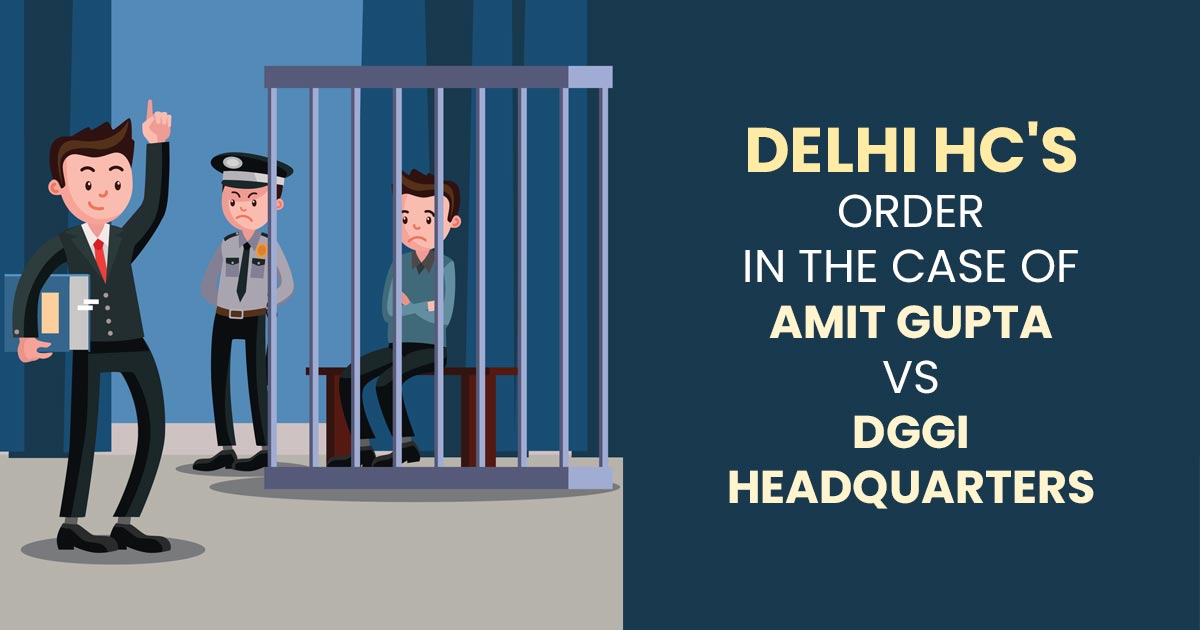
The Delhi High Court bench of Justice Mukta Gupta rendered that the bail amount could be paid by cash ledger and debit ledger of GST Input Tax Credit (ITC).
The council alleged that the applicant is one of the directors/key persons in M/s Brilliant Metals Pvt. Ltd., M/s Progressive Alloys India Pvt. Ltd. and M/s JBN Impex Pvt. Ltd. and is allegedly the mastermind behind devising a process to claim ITC on the strength of bills of various suppliers which were non-existing and fake, hence claiming the bogus Input tax credit worth Rs 27.05 crores, which he subsequently passed. The applicant obtains a total of Rs 260 cr in ITC via three firms.
The applicant was allotted regular bail on filing the personal bond in the sum of Rs 1 lakh with one surety. For the condition of the deposit of Rs 2.70 cr, the applicant deposited Rs 1.10 cr via cash ledger and Rs 1.60 cr through the way of debits and reversals via electronic Input tax credit ledger.
As per the department, since the ITC was made available via bogus means and hence the whole GST ITC claimed by the firms was beneath the cloud, the applicant can not file Rs 1.60 cr by the reversal of the input tax credit as a condition of bail.
CMM during refusing the bail ruled that the applicant never seeks before the permission of the court to deposit the amount of Rs 1.60 cr via reversal of credit from the electronic ledger and put compliance through the method of challans to the court on Jan 21, 2020 post to the respondent furnished an application asking for the cancellation of applicants bail.
The applicant has challenged the cancellation of bail on the basis that form GST-DRC-03, granted beneath rules 142(2) and 142(3) of the GST Rules, permits the deposit of an amount through cash or credit of the ITC ledgers.
Section 49 of the GST Act allows a claim of the amount in an electronic ledger to make any payments for the output tax beneath the act, or beneath the Integrated Goods and Services Tax Act. Section 49 (5) and (6) specified that the balance in the electronic cash ledger post to the tax payment, interest, penalty, fee, etc. might be refunded as per the provision of section 54 of the GST act.
The court, in refusing the bail order, ruled that the non-compliance through the condition of the bail is a basis for the cancellation of that, but in the current case, the condition was to deposit a part of the amount via transfer of ITCs. the trial court felt that the same order warranted a deposit of money only with the department and can allot the time to the applicant to deposit that.
The applicant who had met the conditions of deposit of the amount partly through the cash ledger and partly by the debit ledger of the input tax credit, they would not be mentioned that the applicant has not been able to fulfill the conditions levied on him.









